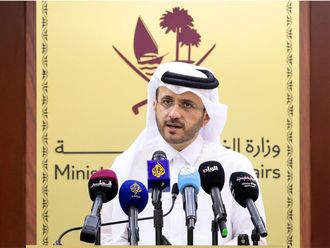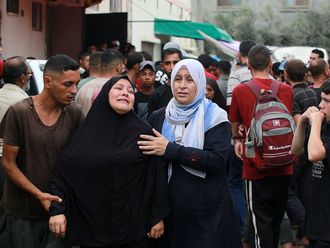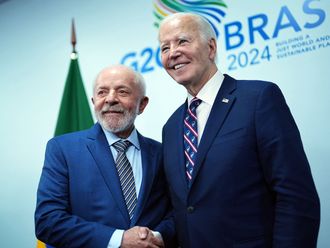Manama: Most Filipina domestic helpers working in the Middle East are not documented after they failed to go through the necessary processes required by the Philippines, the Philippine labour secretary has said.
"Around 70 percent of Filipina domestic helpers were able to work in the Middle East without passing through the necessary processes required by the Philippine Overseas Employment Administration before they were flown to their work destinations," Marianito Roque said.
"This is a major problem in the labour market, but we have already talked about the reforms that would be introduced to address this issue,” Roque said in an interview on the sidelines of a three-day conference for Philippine labour attaches, welfare officers and staff of assistance to the nationals units of embassies in the Middle East in Doha.
The Philippine Department of Labour and Employment has been pushing for basic requirements to address the problem including a standard $400 monthly pay, a certification from Technical Education and Skills Development Authority on their competency, a language training programme from the country of their destination and a strict implementation of no placement fee for their deployment, Qatari daily The Peninsula reported on Monday.
According to Roque, the Philippines is now stricter on the procedures to send domestic helpers and wants to be sure that they have definite employers.
Registered placement agencies could lose their licenses if they were found to be involved in backdoor deployment of workers.
The Philippines now wants to bring down the deployment of domestic helpers and to encourage more male skilled workers in the labour market abroad since there is an increasing demand in Qatar, Saudi Arabia and Kuwait, the labour secretary said.
Manila is requesting Doha to reinstate the 121,000 work visas quota based on the agreement reached between Philippines and Qatar last year, Roque said.












